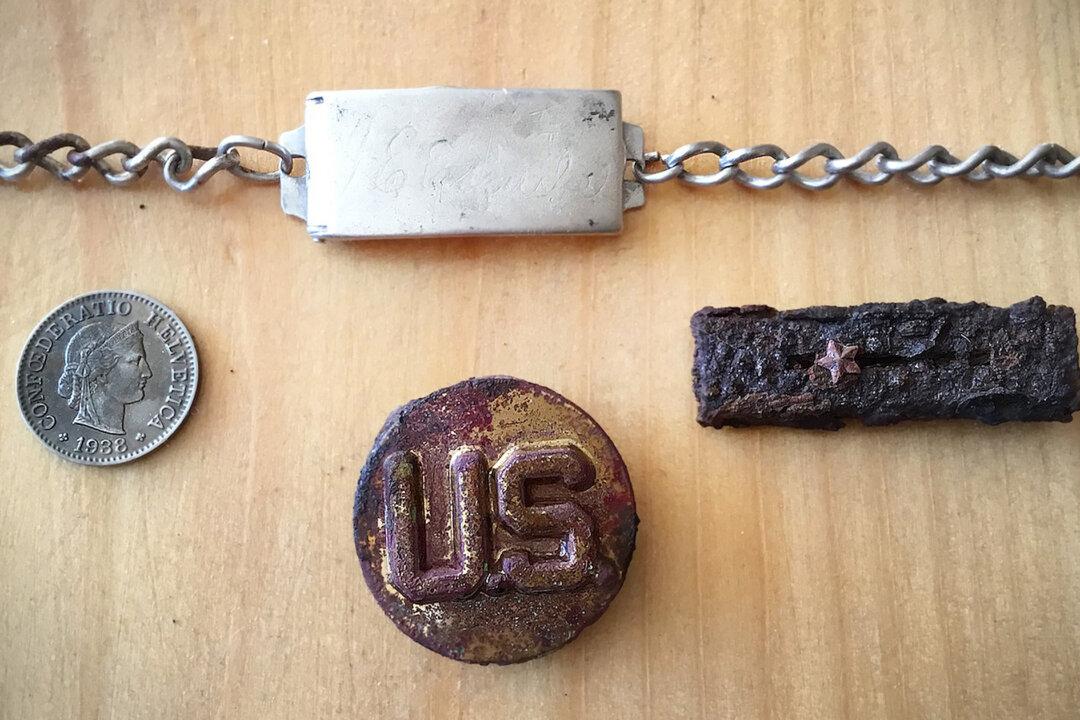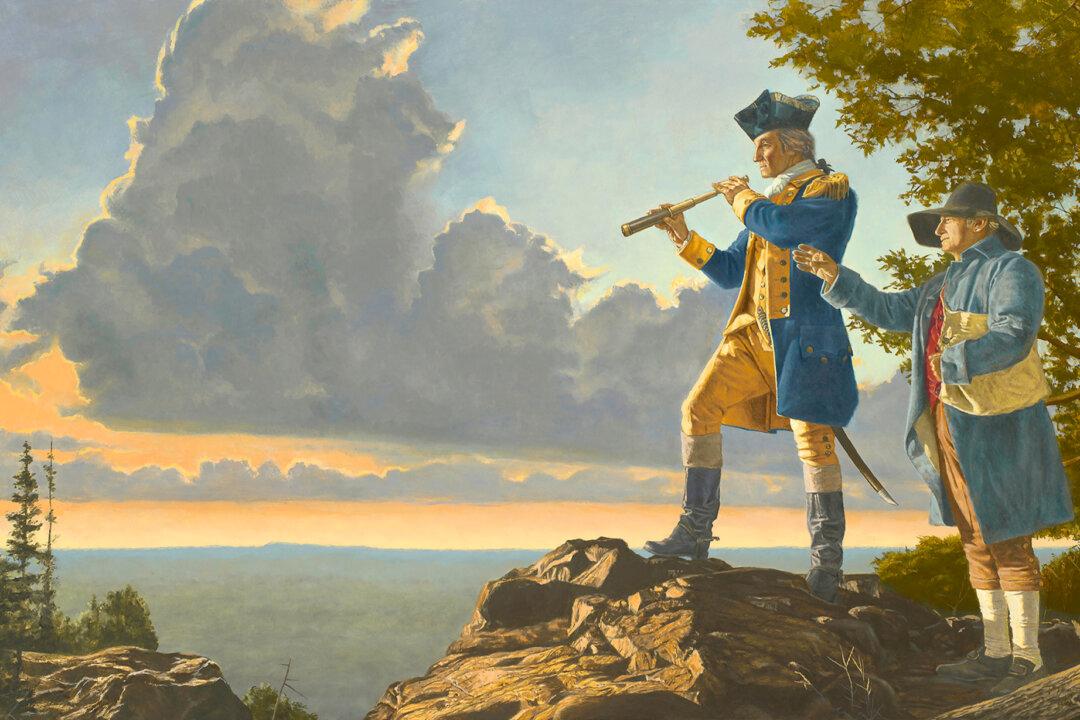A metal detectorist catching a glint of silver in the woods this past fall led to the completion of an epic WWII tale over seven decades in the making.
Roughly 76 years ago, a U.S. soldier lost a silver bracelet of sentimental value in a forest in what was then Czechoslovakia. For many years, the endeared item and other effects lay hidden, estranged from their owner.






